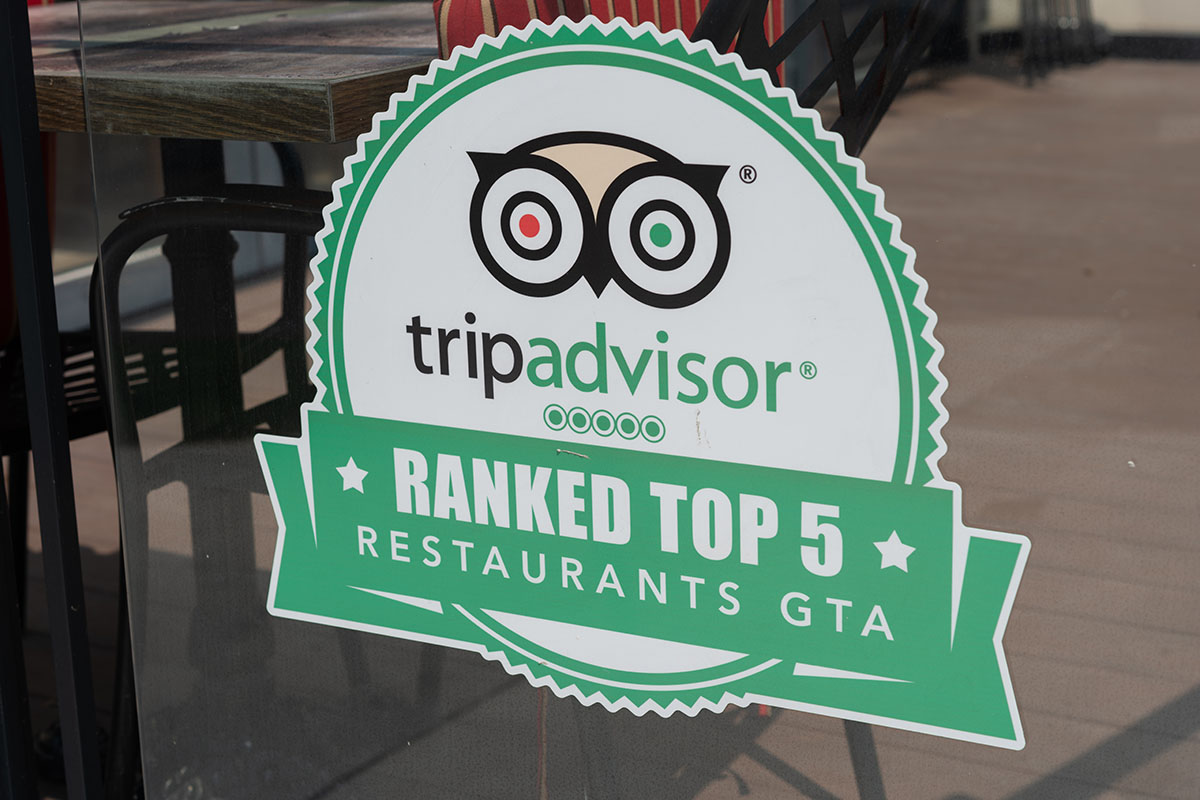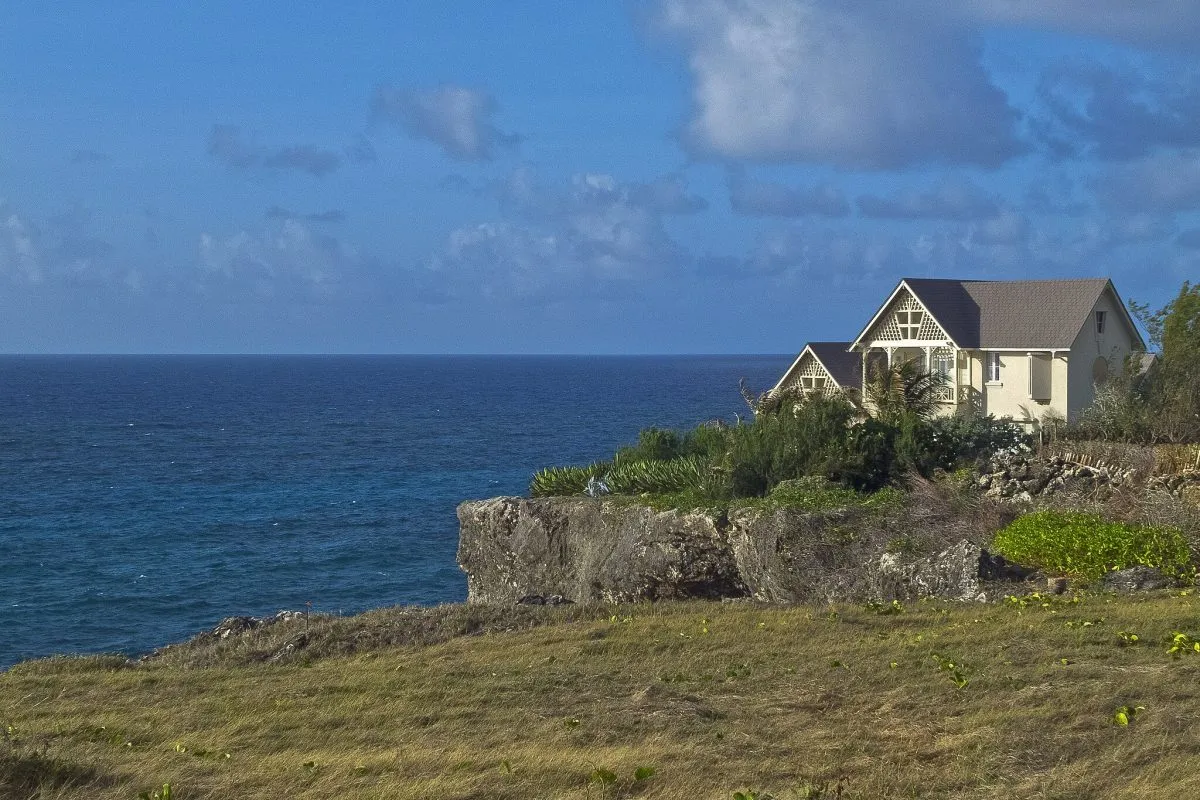Tour Operators Push Off-Season Deals to Counter Overtourism

Skift Take
Tour operators are some of the largest contributors to overtourism as they bring busloads of tourists to the world's most popular destinations each day. While some tour companies have been working for years to better manage how and when they bring travelers to tourism hubs like Amsterdam or Venice, others have more recently shifted their strategies to ensure they have a positive impact on the places they do business.
Some companies like Trafalgar have changed their pricing model and have made peak season tours more expensive than off-season itineraries, while others such as Globus have created new itineraries that go to destinations in popular countries like Italy and the United Kingdom but take travelers beyond the gateways of Rome, Venice, London, or Edinburgh, and these kinds of strategies are beginning to become more widely adopted across the tours and activities sector as it looks ahead to 2019.
Trafalgar said it's in its second year of a new pricing structure that aims to incentivize travelers to book trips during less popular times of the year, and it's already seen success with the strategy as off-season travel is growing faster than peak season travel. The company offers lower rates worldwide during the offseason, and so far this year Trafalgar has offered more than 500 of these tours.
Of course, travelers have traditionally paid more for tours during peak periods than if they went in the off-season. But in the past two years, Trafalgar has made a concerted effort to price tours accordingly to help mitigate crowds and poor quality of life for residents.
"My call to action for all of us in the tourism industry is that we can’t take what we do for granted," said Gavin Tollman, CEO of Trafalgar. "I never want to hear anyone in the travel industry saying 'this is not our problem.' A tour operator can't say 'I'm only 5 percent of tourists going into Barcelona, it’s not me.' We can’t use that excuse."
For Trafalgar, and increasingly other tour operators, managing visitor growth is about convincing travelers that they can have experiences that don't make them feel like they're typical tourists and showing them that these experiences often exist off the beaten path or during off-peak months.
"There's no doubt in my mind travelers not only want to connect to the places they go but they also want to leave something behind," said Tollman. "It might be something as simple as in Ho Chi Minh City where we go to a non-profit enterprise that takes street kids off of the streets and gives them an opportunity to actually learn a skill set specifically in the hospitality industry," said Tollman. "Instead of just going to a regular restaurant, we basically take our guests to a learning restaurant in Ho Chi Minh City where these kids work."
Tollman said this is the second year Trafalgar has worked with the non-profit in Ho Chi Minh City, and 100 percent of the students in the program have been placed in a job upon graduation. "People don’t feel like a tourist because they do such cool things like this that they could never do on their own."
Pushing Undiscovered Destinations
Globus launched its Undiscovered Italy tours earlier this year and in September it launched its Undiscovered Britain product. The Italy tours visit places like Apulia and Bari and the Britain tours go to places such as Exeter and the Isle of Wight, which probably aren't on many travelers' bucket lists (watch video of the Britain tours below).
Despite headlines reporting that Italian cities like Venice are at overcapacity with tourism, Vanessa Parrish, marketing manager for the Globus Family of Brands, said Italy has been on a downtrend for the past five years.
"Italy has still been very popular but it wasn’t really trending," said Parrish. "People think when they’ve done Florence and Venice they think they’ve been there, done that with Italy. To help with that, we looked at all of these cute places in Italy that you can’t even pronounce and the reality is that getting there on your own is really hard. People are on these tours now and we'll know by next year how travelers are responding to them."
Parrish said Globus plans to expand to more alternative destinations to help address overtourism. "Even on our Avalon Waterways river cruising tours, several of our itineraries visit ports that are smaller and not as popular as ports that other river cruises call on," she said. "But before we go there we want to make sure the town is comfortable with us being there. We’ll have an open house. Our product team spends a lot of time on this."
Globus also launched its Escapes by Globus tours earlier this year which offer discounted itineraries to popular destinations during the off-season, such as a seven-day tour of Northern Ireland starting at $699 and an eight-day tour of Delhi starting at $599.
Intrepid Travel also launched its "not hot list" for 2019 for Asia as a response to overtourism in popular Asian destinations. The company is playing up alternative destinations such as "Sumatra is the new Borneo" and "Bukhara is the new Angkor Wat" in a bid to spread tourism to areas that need it more.
Intrepid has also seen Turkey bookings pick up this year and as the country regains its popularity after terror attacks and political unrest, the company is boosting its marketing of Turkey itineraries in the off-season. "We’ve seen about a 200 percent this year in people going back to Turkey," said Darshika Jones, Intrepid Travel’s regional director for North America. "Turkey is one of our top trips leaving from North America."
Avoiding Crowds at Top Attractions
To avoid crowds and help make an attraction more enjoyable, more multi-day and day tour operators are offering travelers early access to attractions before they open to the public or taking them behind the scenes to parts of a site other visitors can't normally go to
City Wonders, an Ireland-based day tour company founded in 2004 with more than 250 tours in 10 European cities such as London, Paris, and Barcelona, was founded because its founder and CEO, Simone Gozzi, wanted to show travelers a different side of popular destinations and help them avoid crowds and lines that cause frustration. The company led more than one million travelers on tours so far this year and projects 20 percent growth to 1.2 million for 2019.
The marketplace has become more saturated with operators who promote skip-the-line and after-hours access to attractions since City Wonders was founded, but Gozzi said developing partnerships with top attractions still help the company stand out.
City Wonders has been a Vatican Museums official tour operator partner for the past six years, and only one of three tour operators to have such a partnership with the Vatican Museums. The partnership lets City Wonders bring travelers into the museums earlier in the morning before they open to the general public or after they close that lets travelers experience the museums with a couple of hundred people versus thousands, said Gozzi.
"Venues like the Vatican are becoming more receptive to partnerships like this to address overtourism," said Gozzi. "They are all at capacity at peak moments but can still grow at off-peak times."We realized skip the line wasn’t good enough. That’s when we sought a relationship with the Vatican. At a certain point, some attractions will start to choose which partners they work with. We saw the importance of these partnerships several years ago."
Tour Operators' Responsibility
Promoting off-season travel is a positive trend that more tour operators have latched onto in recent years as they realize the extent of overtourism around the world. The challenge has and will continue to be that many tourists want to travel during the peak periods because they're a better fit for their own lives, and companies aren't likely to completely reverse that mindset.
New laws like Rome's recently implemented regulation that limits how many coach buses can drive through the city center and how else they move around the city is an example of governments taking steps that may limit traffic but not address the core issue how many people visit top destinations. The good news is that there are plenty of operators that haven't waited for governments to step in and are improving how their travelers give back to communities they visit and how groups are perceived by local populations.
https://www.youtube.com/watch?v=5rY6Cy2JYUQ




